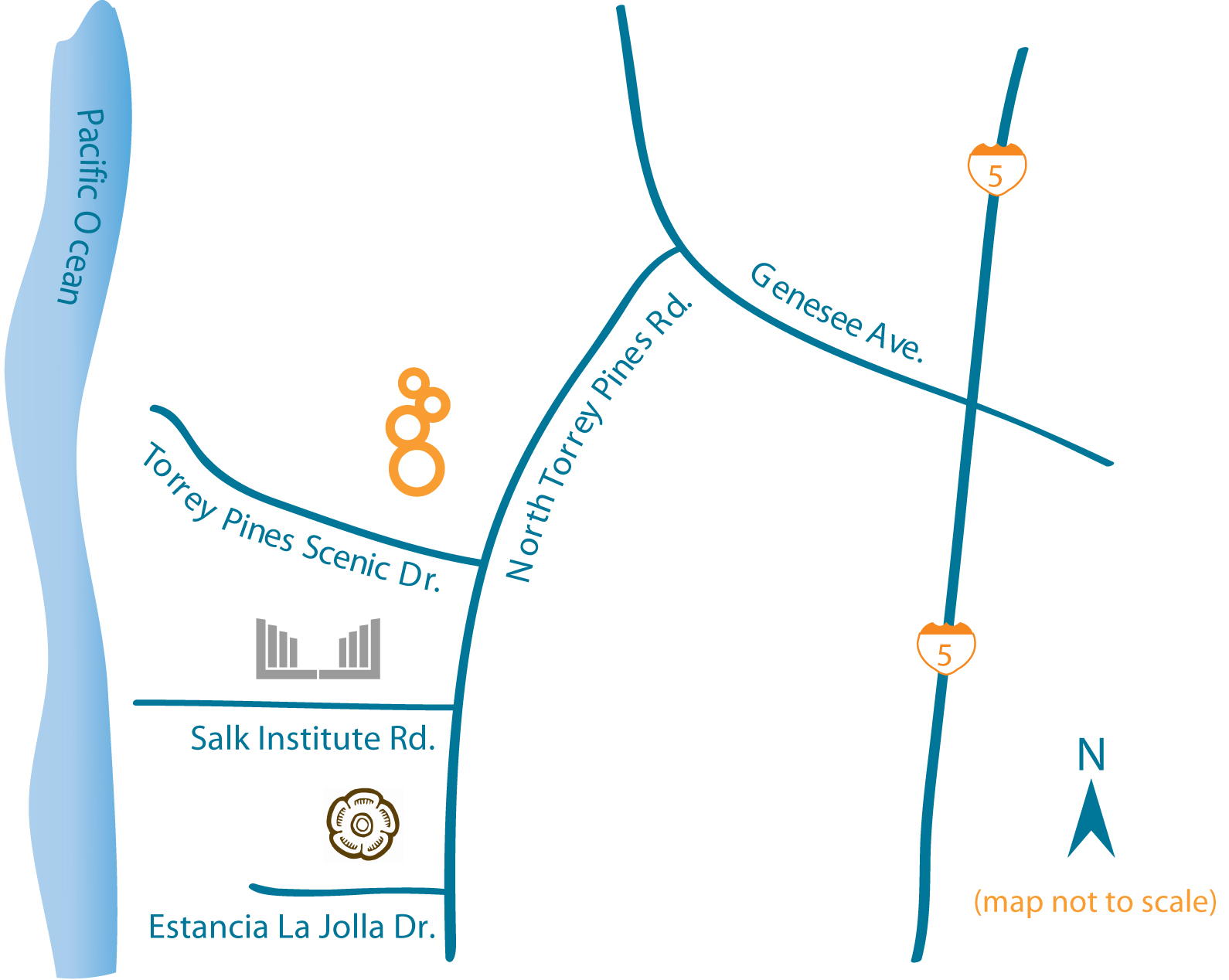Research
Human Brain Organogenesis

Dr. Alysson R. Muotri, a professor in the Departments of Pediatrics and Cellular & Molecular Medicine at the University of California, San Diego, is focusing his research on solving one of life's greatest mysteries: What is it that makes us uniquely human? Research tells us that one of the most influential characteristics of modern humans is our sophisticated brains, and all of the abilities that its complexity grants us. Our unique social brains are one of the key distinguishing factors between humans and other primates. We are even very different from our closest relatives, the Neanderthals, whose brains were limited in their ability to create technology, art, imagination and overall culture. Dr. Muotri is studying the brain from an evolutionary and developmental perspective, differentiating stem cells to recreate "brain organoids" in the controlled setting of a lab.
This work has implications for the generation of human disease models by determining the molecular and cellular mechanisms driving neurological complex disorders, such as autism. It is also creating opportunities for identifying and testing novel therapeutic approaches; the nature of this work reduces the amount of time required for moving new drugs to clinical trials. Gaining a clearer understanding of human brain evolution is crucial for interpreting human genetic variants which lead to disease. Some of the evolutionary properties that make us uniquely human and allow us to live the advanced lifestyle we enjoy are also a root cause for a number of disorders. Our brain grants us far greater processing power than any other species, but a complex brain came with a cost: it increases the opportunity for neurological diseases. Thus, understanding the evolutionary path and the tradeoffs of the modern human brain will likely illuminate the origins of human disease.
SUPPORT THE MUOTRI LAB'S RESEARCH
Current research projects deal with examining the development of brain tissue in stem cell-derived "brain organoids."
- To understand the fundamental basis of the organization of the social brain, Dr. Muotri is observing the advantages of the human condition in situations where the social aspect is compromised. Using human pluripotent stem cells to recreate the neural developmental stages of autism and other social disorders, Dr. Muotri is modeling diseases in a dish. This allows him to investigate the mechanisms responsible for alterations in neuronal networks. By testing the responses of this tissue to drugs within a dish, he is looking to revert the defects seen in diseased states. If a drug increases the number of synaptic connections in autism, for example, it can be deemed effective and move more quickly into clinical trials. This is opening novel therapeutic avenues while accelerating the translational response to this research.
- Dr. Muotri is also interested in studying the social brain from an unconventional, evolutionary perspective. Much of the genetic information on Neanderthals is based on the fossil record and DNA samples extracted from remains. When this genetic information is compared to the genome of humans, there are changes present that are not seen in modern humans. Using cutting-edge genome-editing technologies, Dr. Muotri is re-creating genetic variants that were negatively selected in extinct humans, such as the Neanderthals, in neurons derived from stem cells. He is looking at what properties were likely responsible for limiting the Neanderthal's social, cultural, and technological development and contributed to their extinction. By doing so, Dr. Muotri's lab may generate innovative hypotheses about the human social brain with direct impact on human mental health. This has never been dreamed possible in the past.
- We have all the genes represented within the human genome, yet they are contained in only 1% of all human DNA. For this reason science has dealt considerably with this 1%, with the other 99% remaining relatively unknown, naively referred to as "junk" DNA in the past. However, Dr. Muotri has identified discrete genetic elements in our genome that can move from one place to another, affecting the behavior of individual cells. This is evidence to believe these “jumping genes” are responsible for the individuality of each human brain, while also potentially being implicated in several neuro- and psychiatric disorders. This may help to explain why we are all different in thought and behavior, even when raised in the same environment.
Podcast
Alysson Muotri: A Brain Begins - in a Dish
Dr. Muotri is featured and interviewed in the Science Clear+Vivid podcast with Alan Alda. Listen below.
By coaxing skin cells to become brain cells in a dish, Alysson Muotri hopes to learn how early brain development can go wrong in conditions like autism or epilepsy – and how our brains differ from those of our cousins, the Neanderthals.
Watch Videos
Visit Dr. Alysson Muotri's Youtube Channel!
MUOTRI YOUTUBE
Contact the Muotri Lab

Sanford Consortium
2880 Torrey Pines Scenic Drive - Room 3005
La Jolla, CA 92037 - MC 0695
Phone: (858) 534-9320
Fax: (858) 246-1579
GOOGLE MAPS


